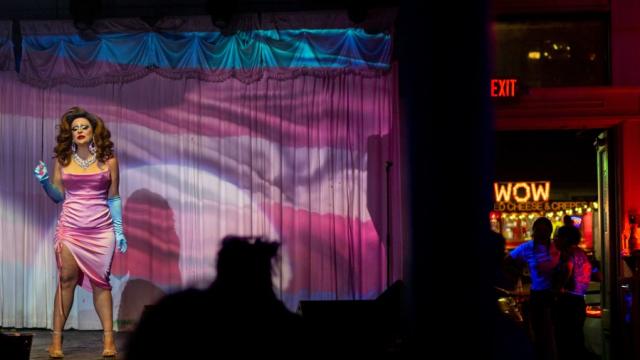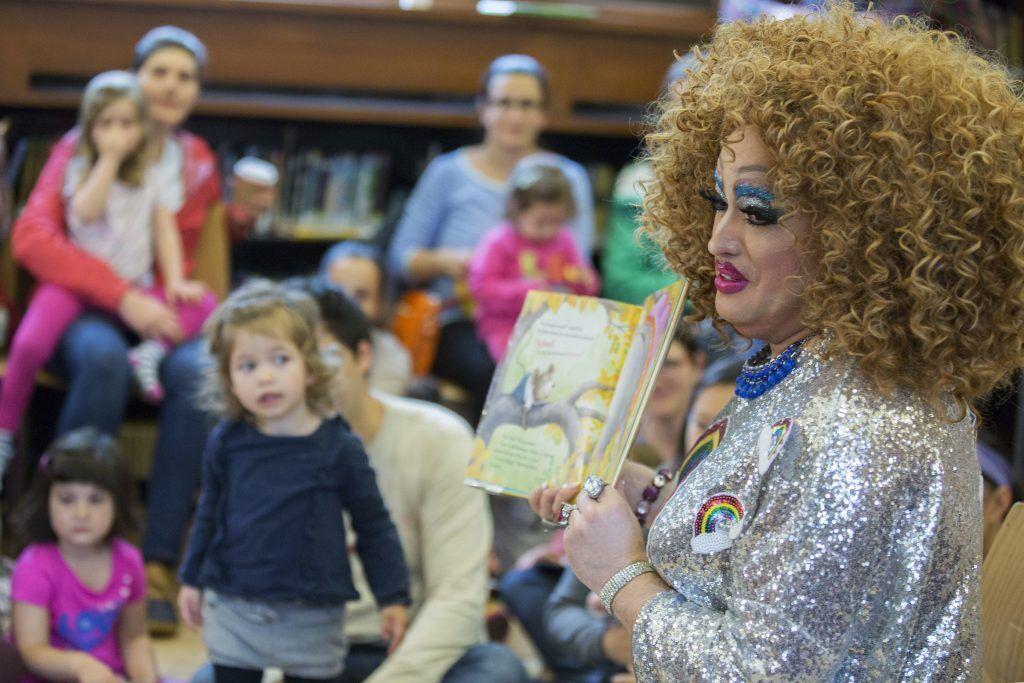Students from West Texas A&M University, represented by Spectrum WT, are currently fighting a First Amendment battle to overturn a ban on charity drag shows imposed by the college president, Walter Wendler.
The legal dispute, ongoing for nearly a year, arose from the university’s prohibition on hosting drag performances on campus.
The group filed an emergency petition with the Supreme Court, seeking the right to organize drag shows. Despite facing opposition from U.S. District Judge Matthew Kacsmaryk, who ruled against Spectrum WT, the students argue for their right to free expression.
Wendler’s admission that “the law of the land appears to require” allowing such performances has drawn support from the Foundation for Individual Rights and Expression (FIRE), a pro-free speech group.
FIRE contends that students at state universities have a fundamental right to express themselves, whether through prayer meetings or drag shows.

As the Supreme Court weighs in on this case, it underscores the ongoing struggle for free speech on college campuses. The outcome could have broader implications, shaping how similar disputes of overexpression are addressed nationwide.
Related Article:
- Texas Republicans Face Tough Challenges in Education-Focused Runoff
- Navigating Georgia’s Educational Landscape: A Closer Look at School Performance
- U.S. Education Department Investigates School Following Tragic Incident
In conclusion, the clash over drag shows at West Texas A&M University exemplifies students’ nuanced challenges in asserting their First Amendment rights within the educational landscape.
The resolution of this case holds the potential to set a precedent for the intersection of free speech and evolving societal norms in academic institutions.

